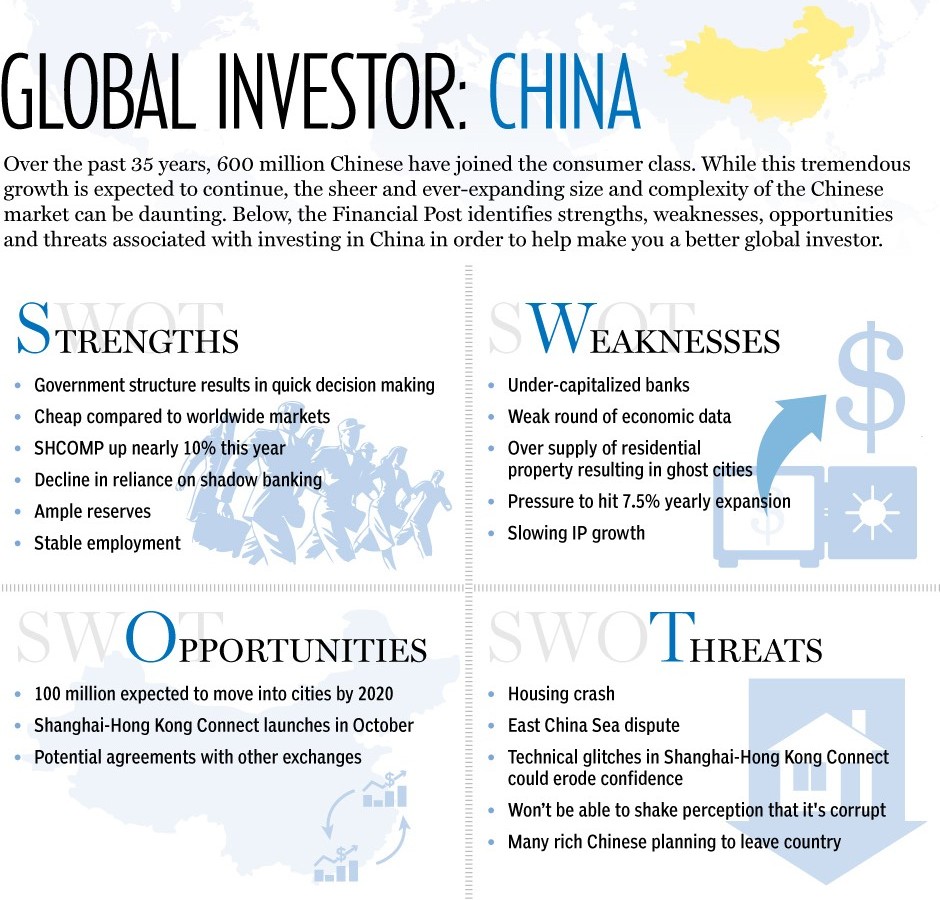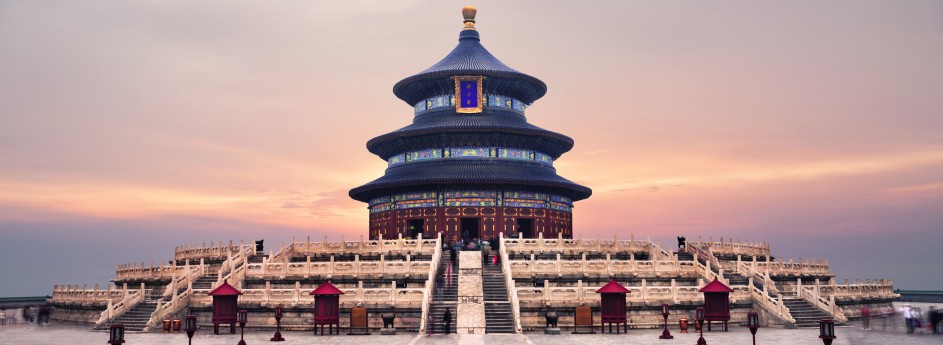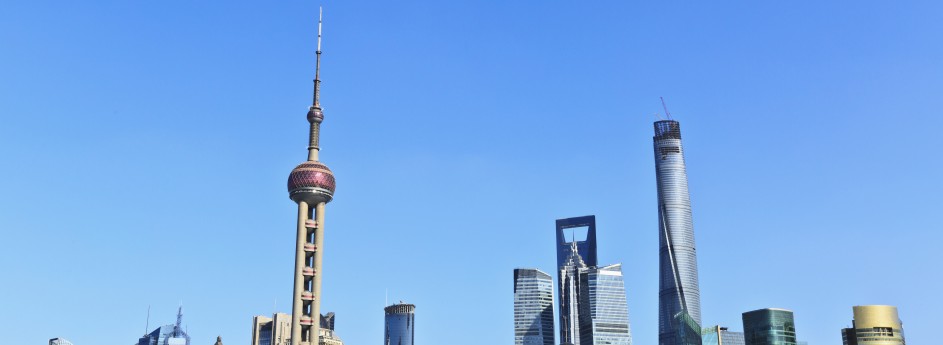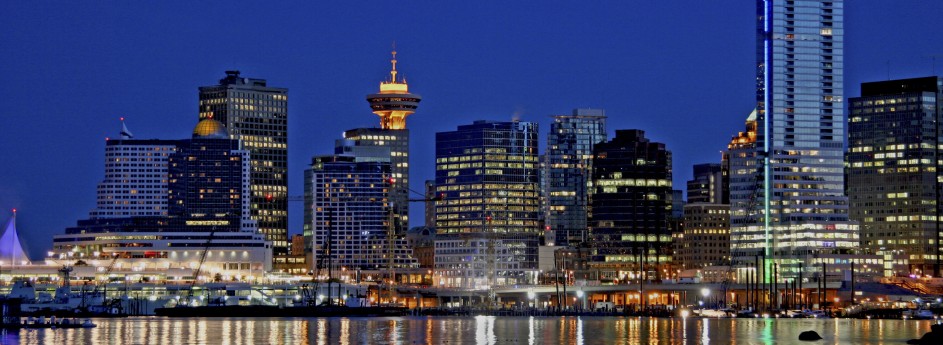For Hong Kong, It’s the Economy, Stupid, Too
As the standoff between the Occupy Central protestors and the HK government over electoral reforms for universal suffrage in 2017 enters its fourth day in Hong Kong’s Central business district, the foreign press is emjoying a field day speculation mongering and wildly comparing it to the tragedy of 25 years ago.
One particularly egregious example was penned by a former Beijing correspondent for the G & M, stating that parallels with Tiananmen are “too obvious to ignore”. His disjointed piece only reveals utter misunderstanding of contemporary central and regional Chinese politics. It makes you wonder whether he’s learned ANYTHING in all those years spent in the Chinese capital.
One of the signs, the writer insists, is the use of tear gas and pepper spray that did not quell the crowds could lead to a crackdown, involving the People’s Liberation Army (PLA). Another sign is China’s state media’s condemnation of Occupy Central as an ‘Illegal movement” that is undermining the social stability of Hong Kong. “Those are heavy words in the People’s Republic”, he warned ominously.
The author dwells heavily on an interview last year of Bao Tong, the premier underling of disgraced former General Secretary Zhao Ziyang, on President Xi Jinping’s legendary father Xi Zhongxun and whether the son has the moral integrity of the father to be on the right side of history. Without going into the intricacies surrounding June 4th, 1989, China today is surely not the country of a quarter century ago.
There is absolutely no comparison between Beijing, China’s political and cultural center, and Hong Kong, a Special Administrative Region (SAR) that enjoys a high degree of autonomy under “One Country, Two Systems”. As an international financial center under the constant gaze of the world, there is not even a remote possibility that the authorities will resort to highhanded tactics.
Even the normally CPC-phobic Willy Lam of the Chinese University of Hong Kong, quoted by AP, deflected the use of force “only as a last resort”. “It’s possible Hong Kong Police have enough muscle so they could use water cannons and other things to disperse crowds”, he elaborated. Earlier, Hong Kong’s Chief Executive (CE) Leung Chun-ying dispelled rumours that the PLA would be called in to help suppress any riot.
The PLA garrison stationed in HK after the handover in 1997 is also located in Central, a stone’s throw away from where the protestors are hunkered down. Under the Garrison Law enacted by the National People’s Congress (NPC), the Garrison shall not interfere in local affairs. Public order is to be maintained by the Hong Kong government with which the Garrison has working contacts. On Tuesday, the BBC reported that the Garrison has been placed on alert, which has yet to be confirmed.
Although the Occupy Central protests are overtly political, the passion of young Hong Kongers masks the territory’s diminishing importance to the mainland and the oppressive feeling among many Hong Kongers that their economic advantages are swiftly being eroded by rapid growth on the mainland. While China’s growth has been good for Hong Kong, it hasn’t been as good for the relative standard of living of Hong Kongers, underscored a blogger for the Washington Post.
“Not only have the richest mainlanders caught, or even surpassed, them, but now Chinese are pushing up their cost-of-living and snatching everything from their stores. That’s why Hong Kongers say the mainlanders are ‘locusts’ who come in, take everything, and then leave – and with bad manners, too…Hong Kong has already seen what being just another part of China is like economically. The last thing it wants is to see that politically, too…”
At the time of the handover, China was in dire need of Hong Kong capital and as a window to the world. Back then, Hong Kong represented 18% of China’s GDP but that figure has shriveled to a mere 3% today. Interviewed on CNBC, Andy Xie, an independent economist based in Hong Kong, was quite blunt about Hong Kong’s prospects vis a vis the mainland: “Economically, Hong Kong…has been marginalized. I don’t see how this process can be reversed”, he pointed out adding that once the RMB becomes fully convertible, a big chunk of international financial business will move to Shanghai, substantially reducing Hong Kong’s role as an offshore financial center.
Early last month, right after the central government’s decision on the election process for the Hong Kong CE, the Hong Kong Research Association polled over 1,000 Hong Kongers about their reactions. 59% of respondents accepted the reform proposal as announced by the NPC, even though it was viewed as ‘imperfect’. More than 2/3 (69%) opposed the Occupy Central campaign and agreed that the movement was losing support from the general public because ordinary people are pragmatic.
Observers of Hong Kong politics believe despite the rhetoric and gusto for the movement, especially among university and high school students, once the protestors dwindle and the movement subsides, the fighting political factions will return to the negotiation table since all of them are under considerable pressure to make progress in electoral reform for 2017. However, others maintain that no real negotiations can take place if CE Leung remains in office, suggesting he may be removed as a concession.
FP SWOT Infographic on Investing in China
The T section is definitely over the top, especially suggestions of a housing crash and conflict due to the East China Sea territorial dispute. But, I cannot disagree with the other sections. 
The Money and Support Behind the Protests
Student protests against Beijing’s decision on Hong Kong’s universal suffrage in 2017 escalated into violence last Friday evening when about 150 students tried to ram their way through the cordoned off Civic Square in front of government headquarters.
The chaos, the culmination of a five-day boycott of classes by Hong Kong university and high school students, resulted in more than 2 dozen protesters and policemen injured and 12 people arrested. Among those taken into custody was Joshua Wong, the 17 year old leader of the high school student activist group Scholarism and co-organizer of the attempted storming. Mr Wong had achieved notoriety a couple years ago protesting against the HK government’s plan to implement school curriculum reform.
The student protests were organized independently of Occupy Central With Love and Peace, a group of radicalized pro 2017 open-nomination election activists disenchanted with the decision of the central authorities. Several members of Occupy Central joined the students in front of the HK government, and Benny Tai, a key founder of the organization, has threatened that they may try to blockade the key Central business district next Wednesday, China’s National Day (Oct.1), to intensify their civil disobedience.
One might attribute Mr Wong’s activism to youthful idealism and naïveté and Mr Tai’s movement to shortsightedness but upon further inspection, things may not appear as they seem. Last Thursday, Chinese language newspaper Wen Wei Po published an expose on Mr Wong’s purported connections to US government institutions, citing meetings with US Hong Kong consulate officials and clandestine donations from US sources.
The piece featured photographs leaked on the Internet along with evidence that Wong’s family was invited to stay at the Venetian Macao (owned by Las Vegas Sands) by the American Chamber of Commerce, among other instances. Asked about the allegations by the Wall Street Journal, Mr Wong denied them as totally false while neither the American Chamber of Commerce nor the US consulate in Hong Kong was available for comment.
In its report, Wen Wei Po had also named the Hong Kong-America Center as a CIA front to exert influence in Hong Kong high schools. The Center is headed by prominent former US diplomat and veteran China hand Morton Holbrook. The paper suspects the CIA in helping to actively train a new generation of Hong Kong protest leaders imbued with American values and political ideals, providing scholarships to study in the US. Needless to say, Mr Holbrook’s Center was not available for comment.
Over the summer, leaked emails revealed that Occupy Central, inspired by the US Occupy Wall Street movement, had received some HK$3.5 million from infamously anti-China media tycoon Jimmy Lai Chee-ying to help stage its unofficial referendum on universal suffrage last June. Mr Lai owns Next Media, parent company of Apply Daily, and popular clothing company Giordano. According to the South China Morning Post, although the correspondence did not show detailed breakdowns of how the donations were spent, they did provide advice and propaganda materials such as advertisements and billboards to Occupy Central.
The messages indicated serious misgivings about supporting the Occupy Central campaign from the executive director of Next Media, especially given Mr Lai’s already fractious relations with the central authorities, but the latter was adamant on aiding the group. The Hong Kong Standard cited Lai as criticizing Occupy Central organizers for drafting “[no] organized plans or steps for actions” and that it “couldn’t make the cut without his help”. In the leaked records, Mr Lai lambasted them as “idealist scholars’ who had “no strategy” and “could accomplish nothing if there was no help”.
Mr Lai’s political contributions are hardly limited to Occupy Central. The hundreds of leaked emails also detailed Mr Lai’s donations to the Hong Kong pan-democrat bloc in Legco (Hong Kong’s legislature), totaling as much as HK$40 million going back to April 2012. Donations went to Labour Party leader Lee Cheuk-yan, League of Social Democrats lawmaker “Long Hair” Leung Kwok-hung, Professor Joseph Cheng Yu-shek, leader of the Alliance for True democracy, members of the Democrats, Civil Party, and others.
Lai admitted that reports of the donations were true but declared that he had done nothing wrong. “(A)ll the money was earned by me…It has always been clear that I am committed to supporting the pan-democrats….Every cent is given by me but not any foreign countries”. For his troubles, Mr Lai was called into the offices of the territory’s Independent Commission Against Corruption (ICAC), which is routine for formal bribery investigations. In late August, his home was raided by ICAC officials along with those of his deputy and the Labour Party leader.
Interestingly, in the midst of the ruckus, the normally apolitical Canadian Chamber of Commerce in Hong Kong, in conjunction with its Hong Kong, Bahrain, Indian, and Italian counterparts, published a joint anti-Occupy Central advertisement in the South China Morning Post. The statement read: “It is regrettable to note that the organizers of Occupy Central appear to have given insufficient thought to the potential consequences their demonstration could have for the city’s economy, its businesses, its communities and people, and even those visiting Hong Kong from overseas….”



